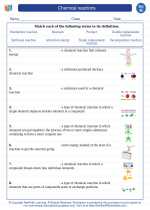Chemical reactions -> metabolism
Metabolism
Metabolism refers to the chemical processes that occur within living organisms to maintain life. These processes are essential for energy production, growth, repair, and reproduction. Metabolism involves two main types of processes: catabolism and anabolism.
Catabolism
Catabolic processes involve the breakdown of complex molecules into simpler ones, releasing energy in the process. This energy is used to power various cellular activities. For example, the breakdown of glucose during cellular respiration is a catabolic process that generates ATP, the primary energy currency of the cell.
Anabolism
Anabolic processes, on the other hand, involve the synthesis of complex molecules from simpler ones, requiring energy input. These processes are responsible for building and repairing cellular structures and tissues. For instance, the synthesis of proteins from amino acids is an anabolic process that requires energy.
Metabolic Pathways
Metabolism consists of numerous interconnected pathways that involve the transformation of various molecules, including carbohydrates, lipids, and proteins. These pathways are tightly regulated to ensure that the body's energy needs are met and that essential molecules are synthesized as needed.
Factors Affecting Metabolism
Several factors can influence an individual's metabolism, including genetics, age, sex, body composition, and hormone levels. Additionally, factors such as diet, exercise, and overall health can also impact metabolic rate.
Study Guide
Here are some key concepts and questions to consider when studying metabolism:
- Define metabolism and its two main types of processes.
- Explain the difference between catabolism and anabolism, providing examples of each.
- Identify the major molecules involved in metabolic pathways, such as carbohydrates, lipids, and proteins.
- Describe the role of ATP in cellular metabolism.
- Discuss the factors that can influence an individual's metabolic rate.
- Compare and contrast the metabolic differences between different organisms, such as humans and plants.
- Explore the relationship between metabolism and overall health, including the impact of diet and exercise.
By understanding the fundamental principles of metabolism and its regulation, you can gain valuable insights into the biochemical processes that sustain life.
.◂Science Worksheets and Study Guides Eighth Grade. Chemical reactions
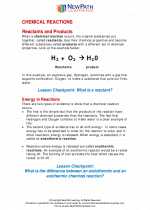
 Activity Lesson
Activity Lesson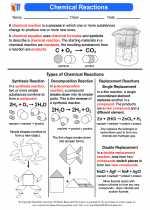
 Worksheet/Answer key
Worksheet/Answer key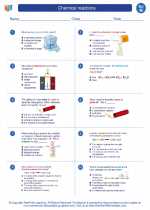
 Worksheet/Answer key
Worksheet/Answer key
 Worksheet/Answer key
Worksheet/Answer key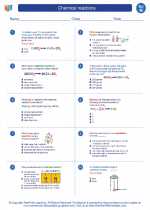
 Worksheet/Answer key
Worksheet/Answer key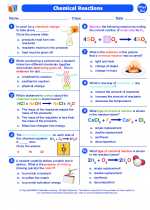
 Vocabulary/Answer key
Vocabulary/Answer key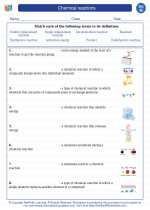
 Vocabulary/Answer key
Vocabulary/Answer key